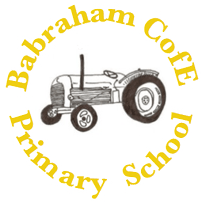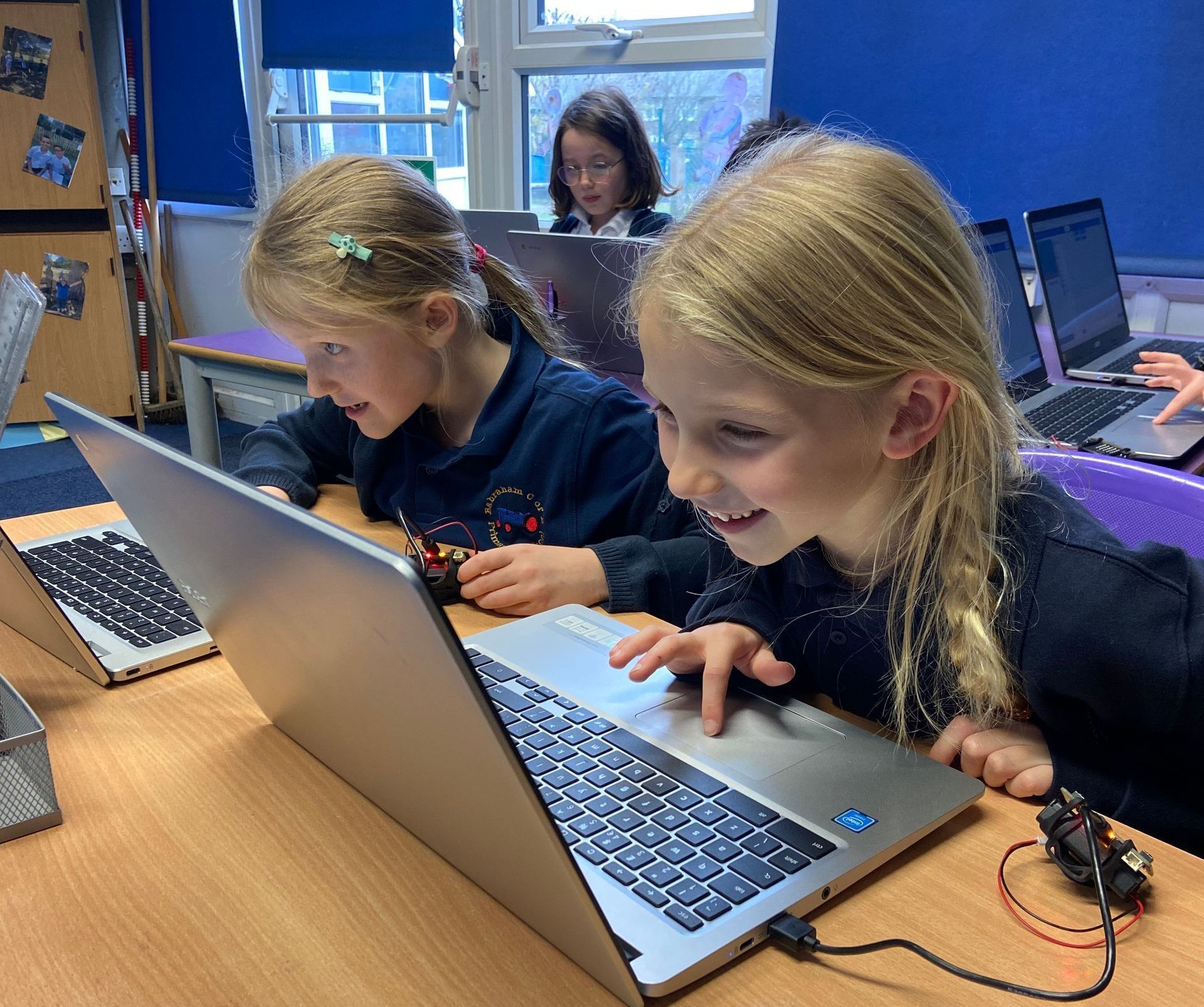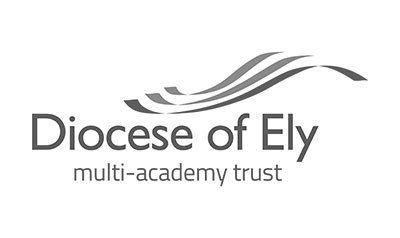
INTEGRITY
Button
PERSEVERANCE
Button
CONFIDENCE
Button
EMPATHY
Button
HONESTY
Write your caption hereButton
KINDNESS
Write your caption hereButton

Welcome to Babraham CofE Primary School
Headteacher's Welcome
On behalf of the children, staff and governors, I’m delighted to welcome you to our school’s website. I hope it provides you with an insight into what makes Babraham CofE Primary School such an wonderful place to learn.
As one of the smallest primary schools in Cambridgeshire, Babraham provides a unique setting and a small, close-knit school community. One of the joys of such a small school is that every child is well-known. Their talents and strengths, whether academic, social, sporting or artistic can be recognised and celebrated. No one is ever overlooked.
I am immensely proud to be the Headteacher of this vibrant learning community. For me, the needs of the children at Babraham will always take priority in the day-to-day life and decision making within the school. I am passionate about providing our children with exciting, creative and meaningful learning experiences, which build their enthusiasm for learning and help them to grow and develop positively in a variety of ways. Our aim is for all of our pupils to achieve their potential, preparing them to thrive during their time with us and far beyond.
Positive attitudes to learning are a huge part of our agenda at Babraham. We aim for children to take responsibility for their own learning, be imaginative and apply knowledge and skills in a range of different contexts. As a result, our children are enthusiastic, confident and excellent ambassadors for our school.
At Babraham School, we welcome children and families from a wide area, which includes our immediate locality but extends to all parts of the world. We are proud to be a small yet global community.
Here at Babraham, we aim to build a strong, close relationship between home and school in order to bring about the best possible education for your child. We appreciate the vital role of parents, carers and wider families in a child’s education and continually strive to develop effective partnerships between home and school. By choosing Babraham School for your child, we hope that you are committing yourself to working in partnership with us during your child’s time in our caring, aspirational school.
We welcome new families and visitors to Babraham and we are always delighted to show parents and children around. I have pleasure in inviting you to visit, meet our children, meet our staff and judge for yourself what makes this such a special community in which to learn.
If you would like to come and see us, please do get in touch. In the meantime, I hope that you will enjoy exploring our website.
Mrs Victoria Penty
Headteacher

Values and Ethos
-
Button
Here at Babraham CofE Primary School, we passionately believe in working together to ensure that we enjoy our learning and support those around us.
Come and Join us
-
Button
If you are considering sending your child to Babraham C of E Primary School, we would love to meet with you and show you our school. We can help you with any questions that you may have and help you through the process of applying to be part of our school.
Calendar and Term Dates
-
Button
Check our school calendar, including events, school trips and term dates.
News from the school
-
Button
Check out our newsletters and event here.
Our Christian Vision
Your Word is a lamp to guide my feet and a light for my path.
Psalm 119
At Babraham School, we are all on a journey, called The Babraham Way, which is illuminated by the Word of God. We discuss what this means to every member of the school community, whatever their Faith or belief.
Contact Us
Contact Us
We will get back to you as soon as possible.
Please try again later.
General enquiries should be addressed to:
School Office
Babraham C of E Primary School
High Street
Babraham
Cambridgeshire
CB22 3AG
Tel: 01223 832322
Our Headteacher is Mrs Victoria Penty.
Special Education Needs Co-ordinator (SENCO) is Mrs Victoria Hirst
Our Chair of Governors is Dr P. Schoenfelder pschoenfelder@babraham.cambs.sch.uk
Babraham C of E Primary School
Tel: 01223832322
Email: office@babraham.cambs.sch.uk
Our Headteacher is Mrs Victoria Penty.
Special Education Needs Co-ordinator (SENDCo) is Mrs V. Hirst
Our Chair of Governors is Dr P. Schoenfelder (pschoenfelder@babraham.cambs.sch.uk)
School Address:
Babraham C of E Primary School
High Street
Babraham
Cambridgeshire
CB22 3AG
DEMAT Office Address:
All Rights Reserved | Babraham C of E Primary School | Privacy Policy
Designed By We Are Doodlebug




